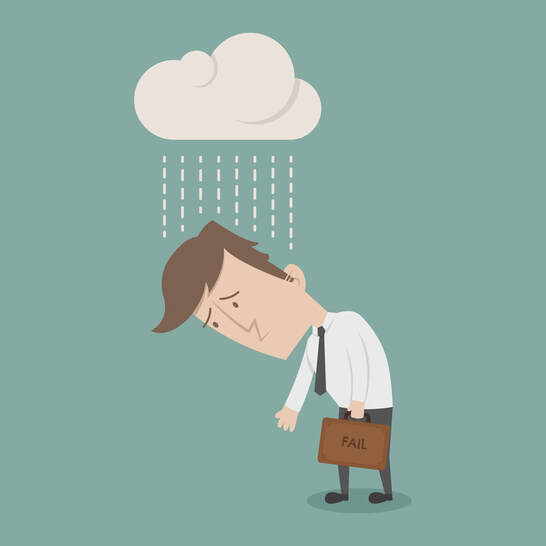The theme of this year’s International Men’s Day was Stop Male Suicide. The reason for this is that although mental health issues are more openly discussed in the media now, the culture of silence that surrounds men’s mental health is something that still persists.
The statistics say it all. With the exception of China, the suicide rate is higher for men than for women in every country around the world. And in the UK, it’s the biggest killer of men under 50.
This week marks five years since Gary Speed, former Welsh international and the Wales football manager, took his life. The shock felt by the football community and beyond, that someone who was apparently happy and in the role of a lifetime could be experiencing such severe depression, has scarcely lessened in that time. And yet Gary Speed is not alone. In the UK in 2014 one man took his life every two hours. And that figure is still a long way from improving.
So, what can be done?
Men need to know that talking about depression is OK. The first step to this is acknowledging something doesn’t feel right, even if you don’t really know exactly what it is that’s wrong. Maybe you’re feeling more tired, frustrated or angry than usual. Maybe things aren't making you laugh as much or your sex drive has reduced. Or perhaps your appetite has changed or you’re experiencing physical changes such as headaches or digestive problems.
If this sounds familiar, or you recognise these changes in a man you know, start a conversation. Because having a mental health issue isn’t a sign of weakness and talking about how you feel isn’t a gauge of masculinity. Opening up about difficulties you may be experiencing is the start of getting support. And in doing so you will find you’re not alone.
NOTE: If you’re struggling with your mental health tell someone you know and contact your GP. They will be able to provide help and support, and refer you to specialist services.
If you’re having thoughts of taking your own life and feel unsafe, seek immediate help. You can do this by going to your nearest A&E Department or by calling 999 if you’re unable to get yourself to A&E. You can also contact Samaritans, who are available 24 hours a day, or your GP/Out Of Hours team to request an emergency appointment.
If you’re having thoughts of taking your own life and feel unsafe, seek immediate help. You can do this by going to your nearest A&E Department or by calling 999 if you’re unable to get yourself to A&E. You can also contact Samaritans, who are available 24 hours a day, or your GP/Out Of Hours team to request an emergency appointment.


 RSS Feed
RSS Feed